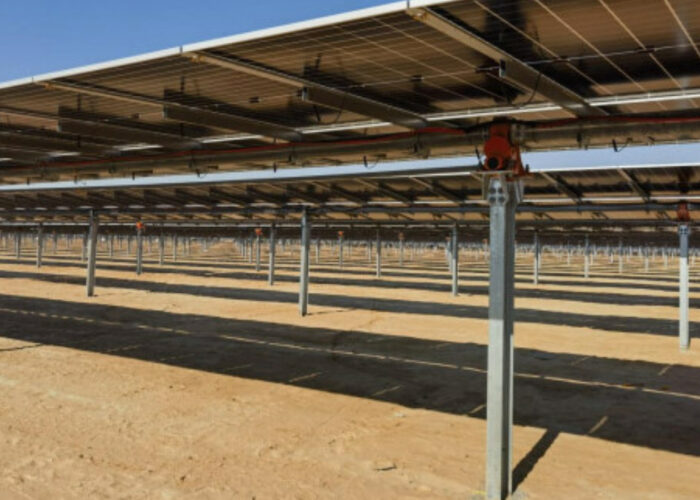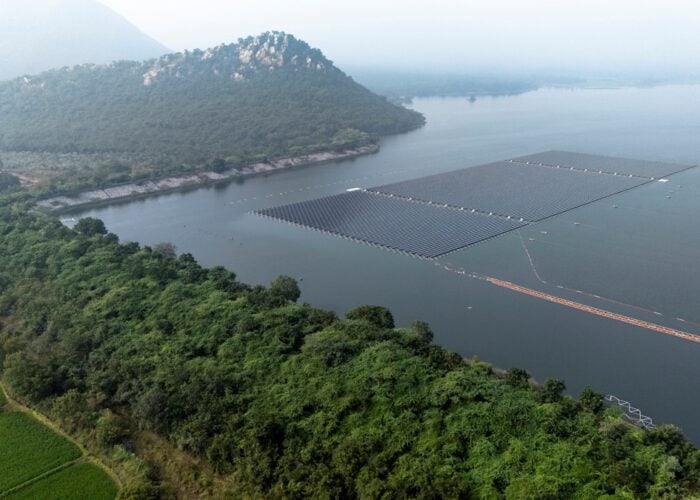Optimising its PV5400 Series encapsulant for use with the Bürkle Ypsator multi-opening, three-stage laminator platform, DuPont Photovoltaic Encapsulants is claiming a breakthrough in productivity and a reduction in manufacturing costs for glass/glass thin-film solar module manufacturing. The collaboration was undertaken in the US with the parties claiming lamination was much faster than all alternative encapsulants tested, including EVA and polyolefin sheets.
According to Bürkle, the Ypsator laminator fabricates modules in three stages, including a hydraulic hot pressing step. Each stage can be individually optimized depending on the materials being used. In the collaboration with DuPont, its PV5400 encapsulant produced glass/glass thin-film solar modules at up to twice the pace of other laminators, enabling up to 40 modules every 11 minutes on its 10-opening system.
Try Premium for just $1
- Full premium access for the first month at only $1
- Converts to an annual rate after 30 days unless cancelled
- Cancel anytime during the trial period
Premium Benefits
- Expert industry analysis and interviews
- Digital access to PV Tech Power journal
- Exclusive event discounts
Or get the full Premium subscription right away
Or continue reading this article for free
“The speed gains are occurring mainly in the two hot press steps, where the rheological properties of the ionomer-based encapsulant provide faster de-airing and better flow without a need for curing,” noted Sven Kramer, Bürkle's North American senior sales engineer. “Besides a faster cycle time, we achieve a more uniform module thickness across the solar module and a reduced edge pinch without using ‘frames’ during the lamination process due to our hydraulic hot pressing step.”
“DuPont PV5400 Series encapsulants represent a step-change improvement in module manufacturing productivity, as well as resistance to moisture ingress and potential induced degradation (PID) for improved module life,” added Penny Perry, DuPont's encapsulant marketing manager. “Besides laminating faster, the better moisture resistance can eliminate the need for edge sealing, which further reduces module costs.”
Bürkle noted that it had supplied more than 40 multi-opening lamination lines to customers since their market entry in 2008. The multi-opening Ypsator laminator is available with 4 to 10 openings, depending on capacity requirements.
Manufacturing cost reductions for thin-film producers have become a critical part of business survival strategies in light of rapidly falling costs for polysilicon-based conventional module manufacturers.






